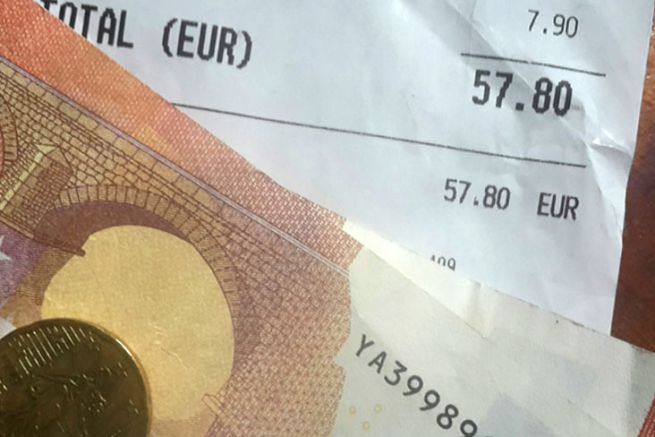While the French government wants to gradually ban the systematic printing of receipts for transactions below 30 euros, Germany chooses to make them compulsory. Since 1 January, all German retailers have been required to give their customers a receipt, regardless of the amount of their purchase.
The German government sees the receipt as a measure to combat tax evasion, estimated at 10 billion euros each year.
For France, the receipt is synonymous with superfluous, wasted and health problems.
The amendment of 20 November 2019 relating to the fight against waste and circular economy (n° 2274) intends to prohibit, in a progressive manner, the systematic printing of receipts for transactions of less than 30 euros, with a level of 10 euros from 1 September 2020, then 20 euros on 1 January 2021 and 30 euros on 1 January 2022.
A hypermarket uses 10,600 rolls of thermal paper per year, according to the government. The amendment also argues that replacing the controversial bisphenol A in thermal tickets with bisphenol F or S is not effective: "Two Japanese studies carried out in 2005 and 2006 concluded that these substitutes were 'endocrine disrupters', degrading 'much more slowly than BPA in aquatic environments' and particularly poorly in seawater"...








